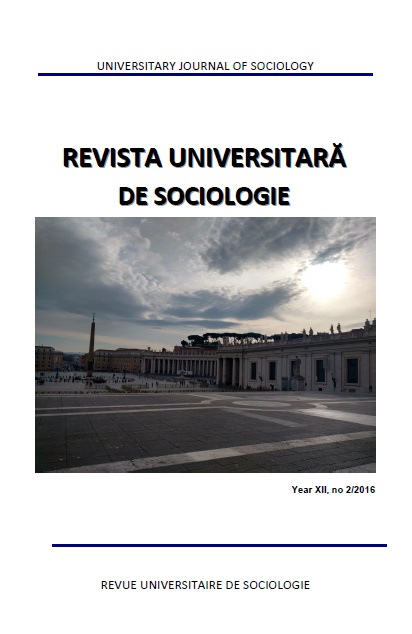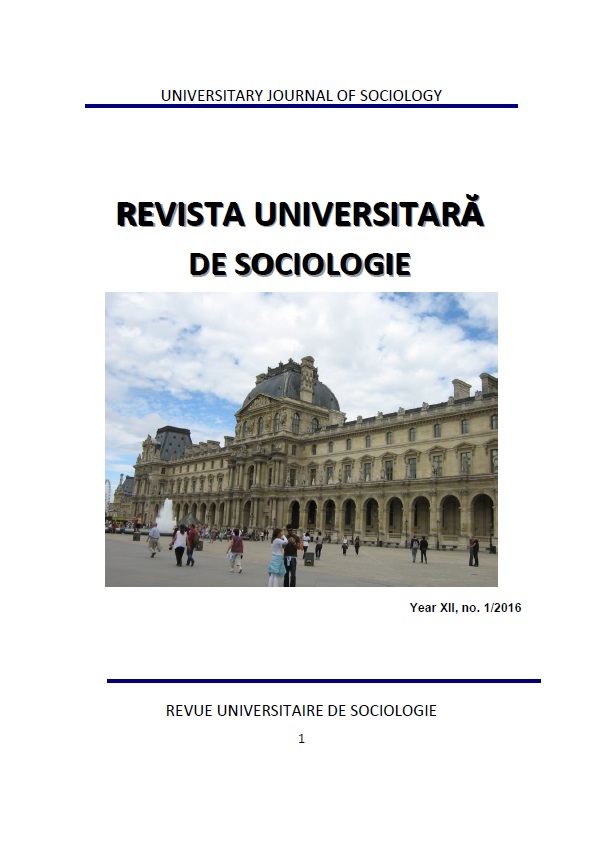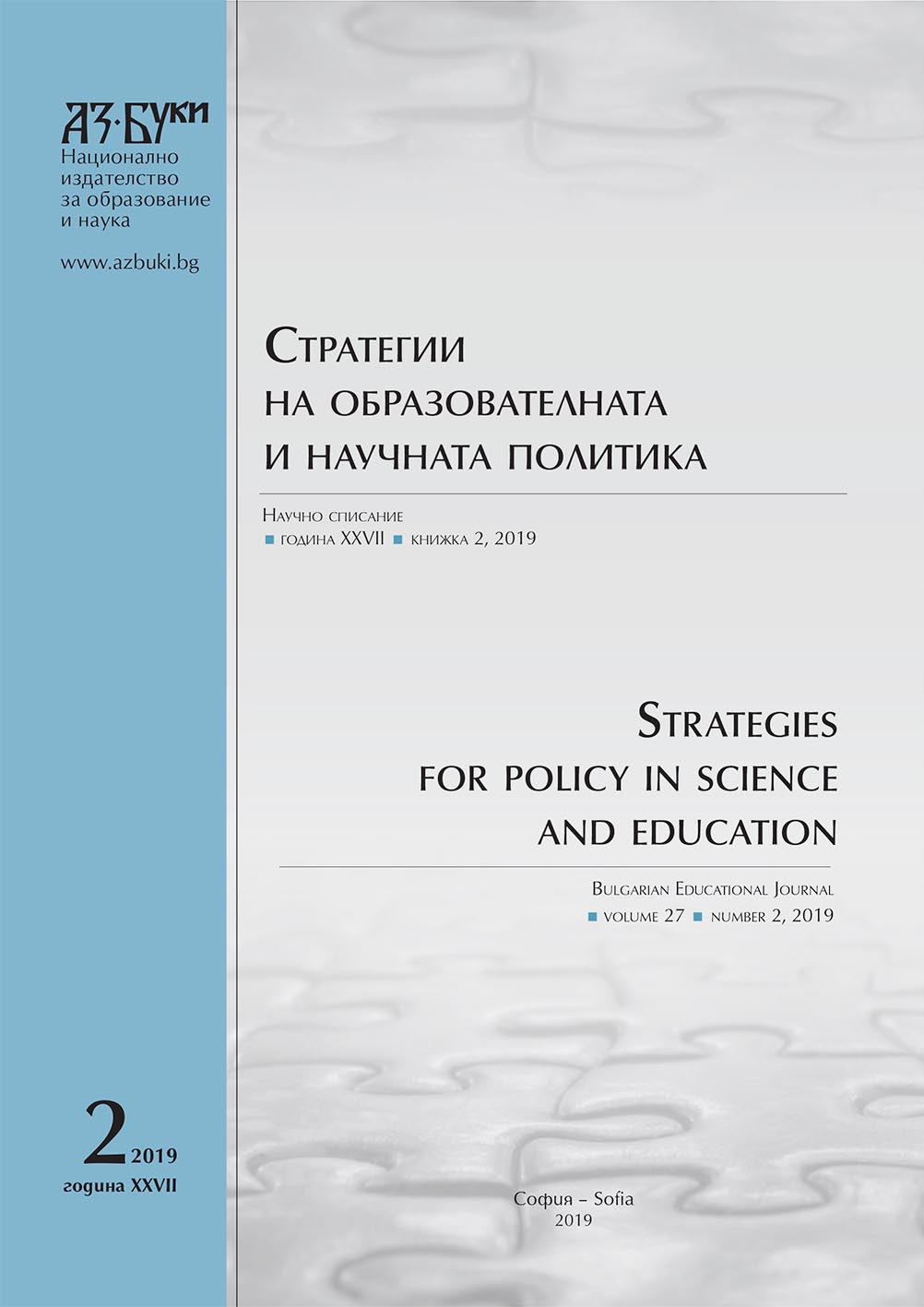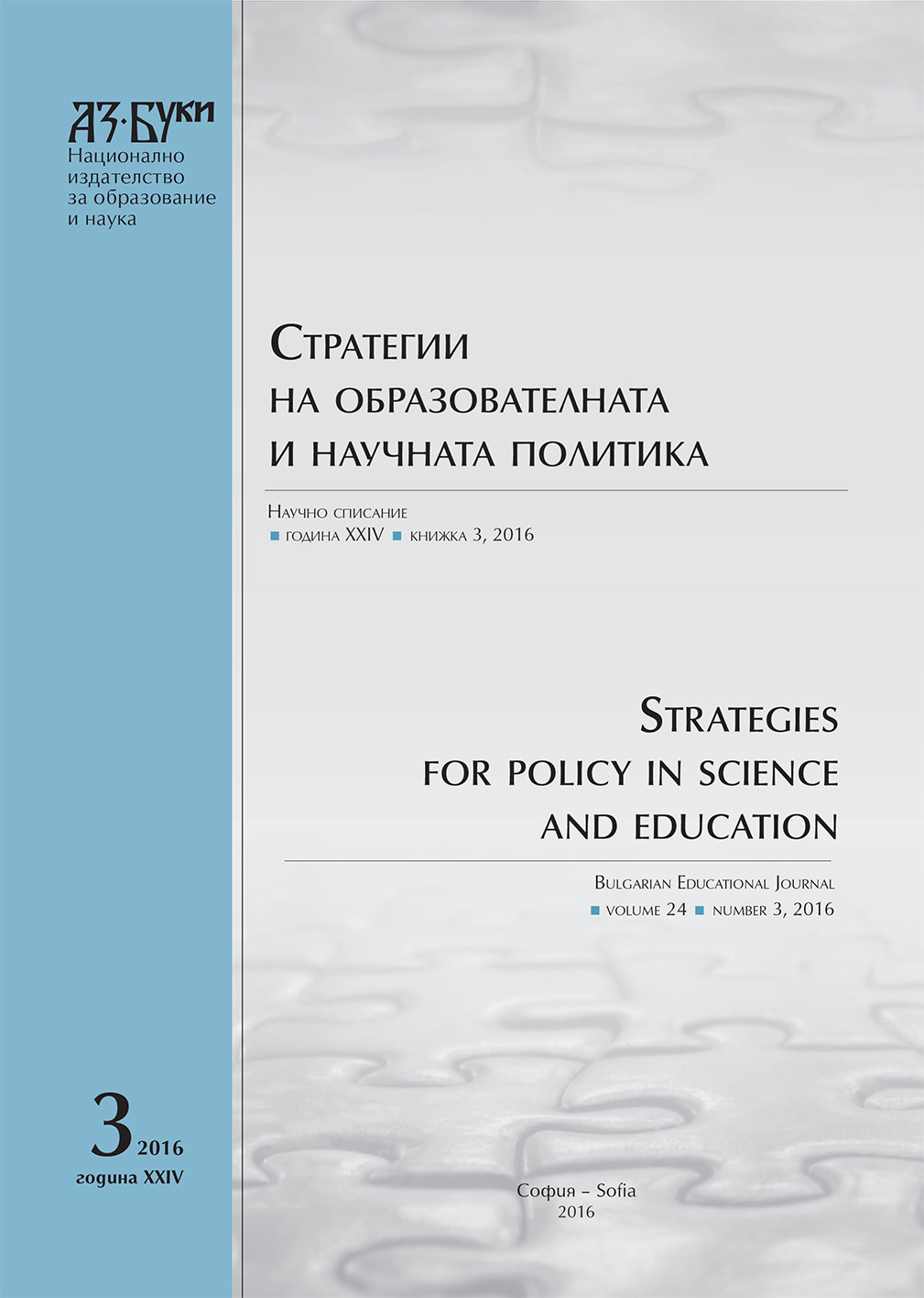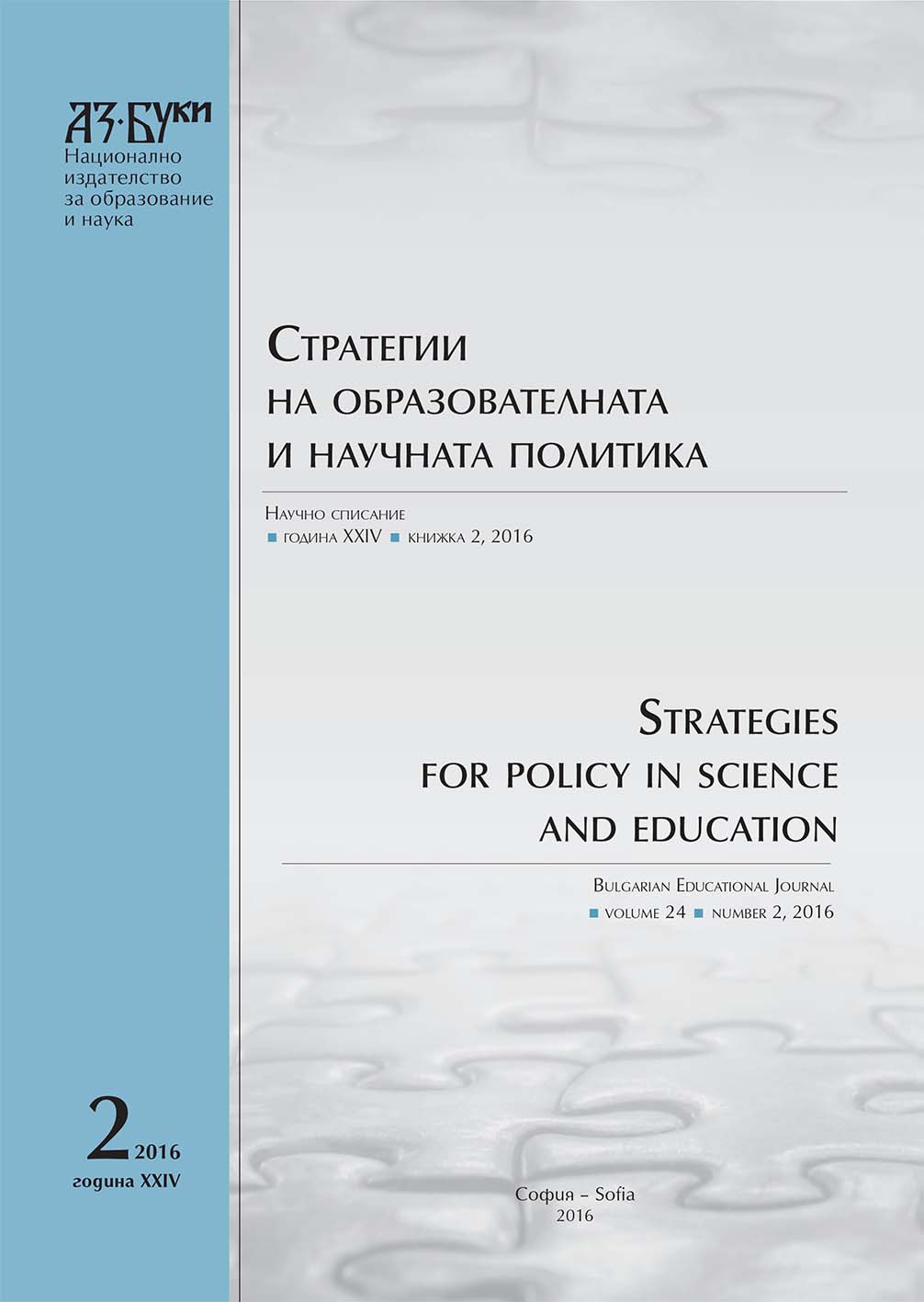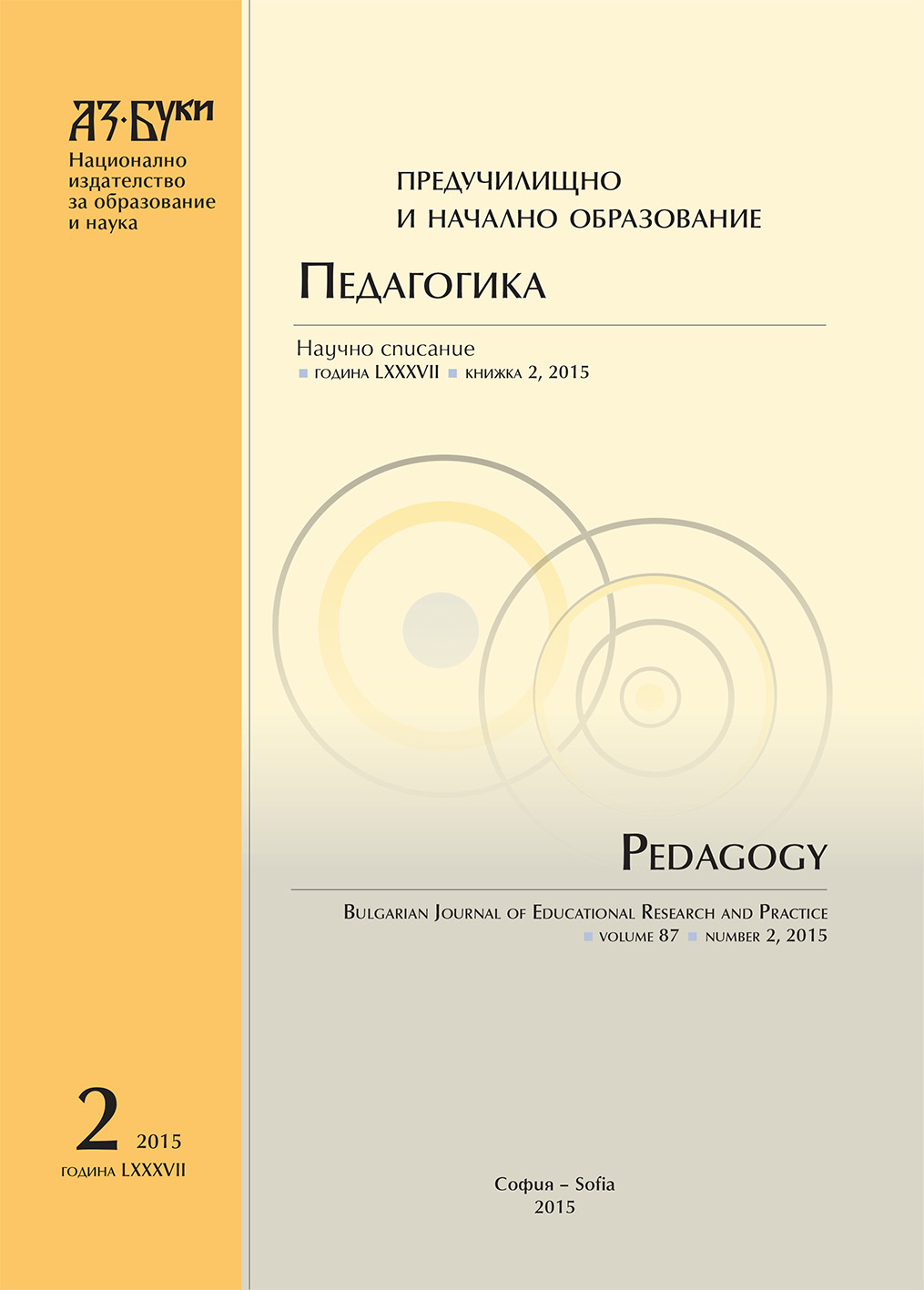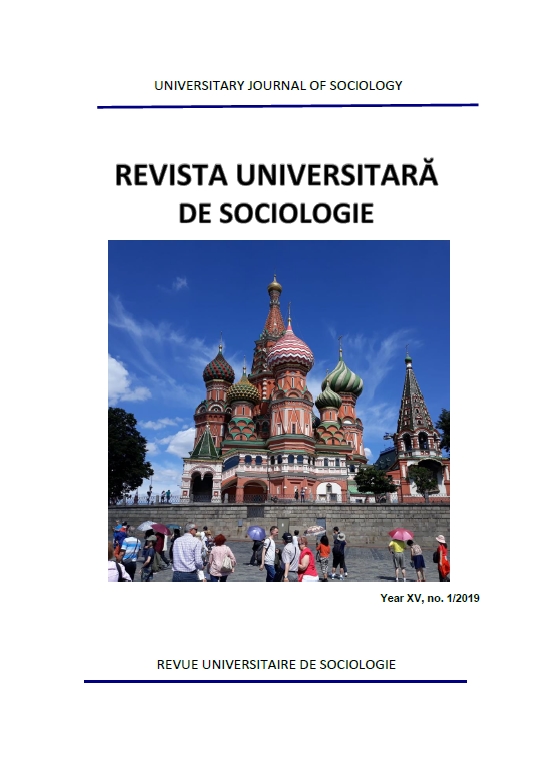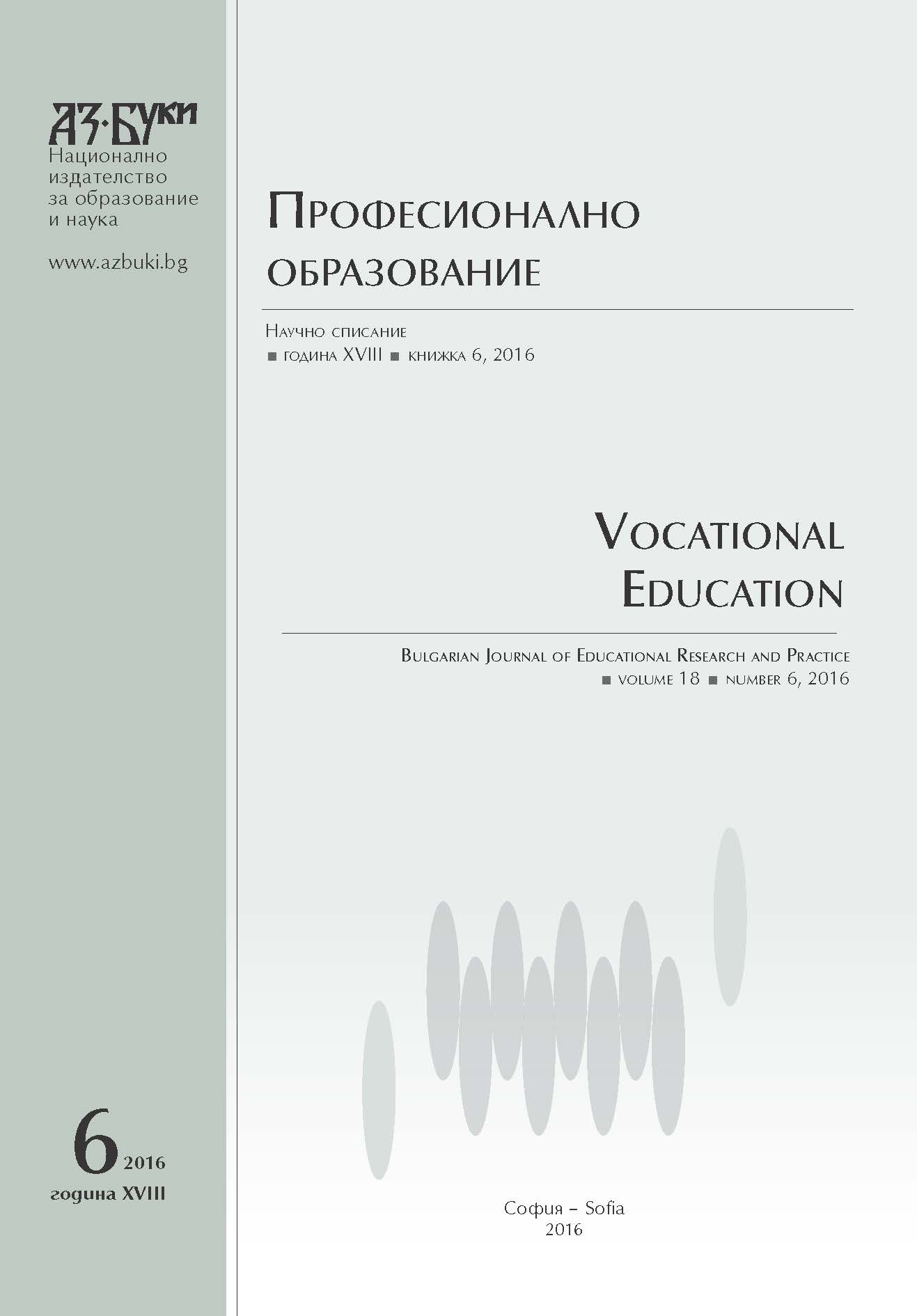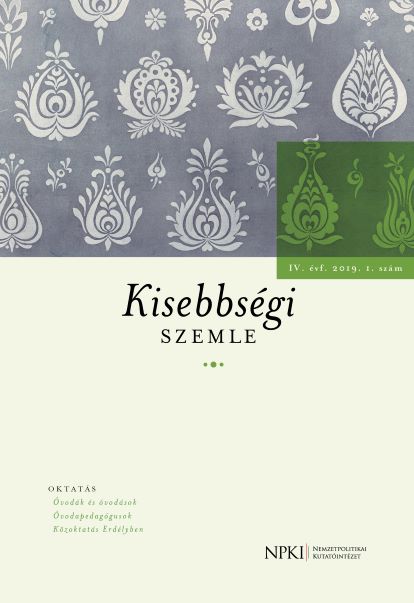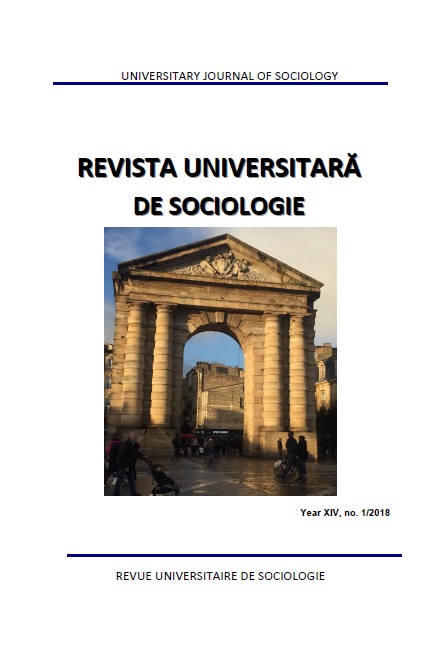
INCLUSION OF STUDENTS WITH SPECIAL EDUCATIONAL NEEDS - A VISIBLE SOLUTION FOR ROMANIAN EDUCATION?
Romanian education alignment of international regulations imposed inclusion of children with special educational needs in mainstream schools. The paper aims to examine whether the measures were taken to Romania to adopt the policy of inclusion - creating complementary to educational services and introduction of new specialist schools - are proving effective. Difficulties of collaboration between the professionals who have a recognized status and the new specialists, "double constraint" experienced by teachers forced to choose between a focus on students with special educational needs who require individual support or the rest of the class, secondary adaptive mechanisms they use to accommodate inclusion policy (neglect, undifferentiated treatment of pupils with special educational needs to the rest of the class, use inappropriate methods of discipline etc.) are reasons that make inclusion of pupils with special educational needs to be a source of conflict in the Romanian education. In addition, it presents the phenomenon of institutional violence on students with special educational needs.
More...
